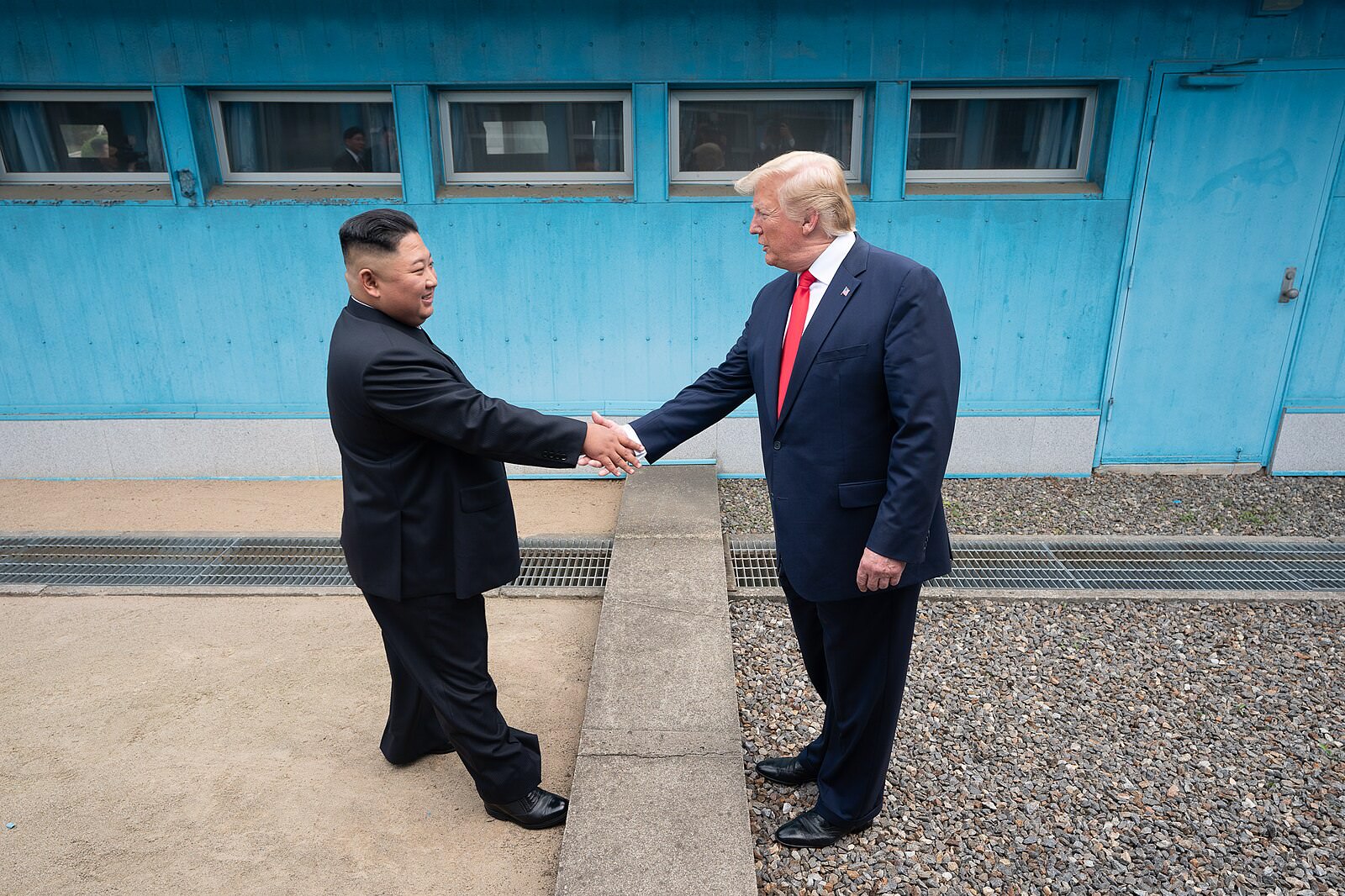World
North Korean Missile Test Sparks International Outrage Amid NATO Summit
By Matt De Vlieger · July 12, 2023

In a move that has drawn international condemnation, North Korea has conducted another missile test, marking its latest act of defiance against the global community. The launch occurred amid a NATO summit in Lithuania, attended by the leaders of South Korea and Japan.
The missile, believed to be an intercontinental ballistic missile (ICBM), was launched from North Korea’s east coast and flew for 74 minutes before landing in waters off the Korean Peninsula.
The provocation comes days after North Korea threatened “shocking” consequences in response to what it claimed was reconnaissance activity by the U.S.
Japan’s Chief Cabinet Secretary, Hirokazu Matsuno, reported that the Intercontinental Ballistic Missile (ICBM) launched by North Korea achieved a flight duration of 74 minutes, reaching an altitude of roughly 3,728 miles and covering a distance of some 600 miles. This marks the longest recorded flight time for a North Korean missile.
Japanese Prime Minister Fumio Kishida expressed his worries over the escalating situation, saying, “North Korea has been firing projectiles repeatedly since the beginning of this year, including ICBM class missiles … The North’s Actions cannot be condoned as they threaten the peace and security of Japan, the region, and the international community.”
The missile test has sparked a united response from South Korea, Japan, and the U.S. Nuclear envoys from the three nations strongly condemn North Korea’s missile launch in a conference call, labeling it a serious provocation.
Analysts suggest that North Korea is likely to manufacture tensions with its regional neighbors and Washington in an effort to justify future provocations.
This latest missile test marks a significant escalation in North Korea’s weapons testing program, which has seen a marked increase in activity since the start of the year.

Light Wave commentary
This latest missile test by North Korea underscores the ongoing challenge the international community faces in dealing with Pyongyang’s nuclear ambitions. Despite repeated condemnations and sanctions, North Korea continues to advance its weapons program, posing a significant threat to regional stability. As the situation continues to escalate, it is clear that a new approach may be needed to effectively address this growing threat.